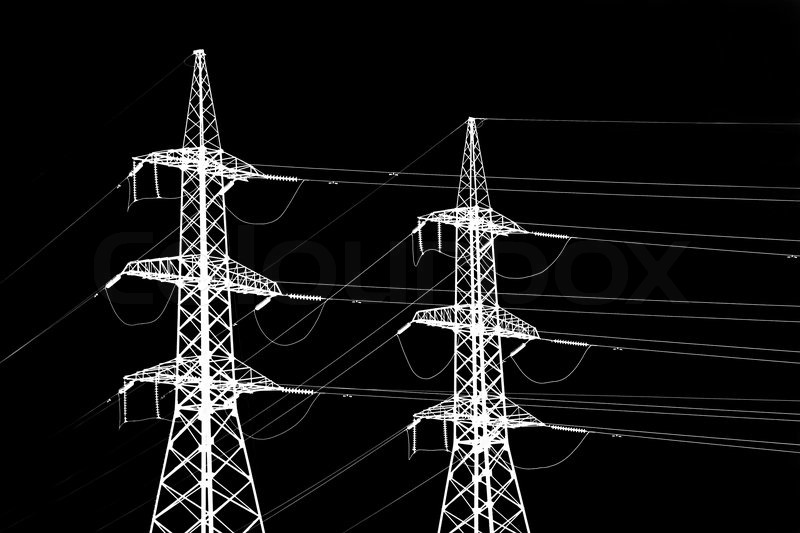- Eko Disco Promises Whistle Blowers 20%
The Eko Electricity Distribution Company Plc has offered to pay anyone who reports energy theft by some unscrupulous elements 20 percent of the money recovered from such thefts.
The Chief Executive Officer of EKEDCP, Mr Oladele Amoda, announced this at a stakeholders’ forum with Festac Town residents in Lagos on Friday.
Amoda said the measure became necessary against the backdrop of over N1bn lost to the various forms of energy theft and vandalism in the zone.
The CEO, who was represented by the Chief Operating Officer, Mr Sam Nwaire, said it cost the company about N1bn in the last three years to replace vandalised equipment and damaged meters by customers in a bid to bypass the meters.
According to him, a task force has been set up to inspect houses of consumers and impose a penalty of N1m on anyone caught in energy theft.
Amoda said the company would henceforth commence effective prosecution of energy theft suspects and also publish their names in the national dailies.
He said, “We appeal to our customers to avoid engaging in bye-passing the meters because it’s criminal and punishable under Electricity Regulation Code of Conduct Act.
“l will advise customers to exercise patience with EKEDCP as we promise to address all the issues as regards estimated billing and other challenges.”
On pre-paid meters, the CEO said the company has started the installation of over 4,000 pre-paid meters to residents of Festac and its environs, adding that the first batch of 1,000 meters had been installed.
He said that the company would ensure that 4,000 pre-paid meters are installed before the end of the year while appealing to residents to ensure prompt payment of their bills.
Amoda stressed, “We have deployed the first phase of 1,000 meters to residents of Festac, we promised to install over 4,000 meters before the year ends.
“We will ensure effective roll-out of pre-paid meters to residents of Festac, Satellite Town, Amuwo and its environs because we are committed to serving our customers very well.
“We appeal to residents to place orders for the meters and it will be installed. Most residents prefer to pay little bills because they are cheating the company through bye-passing of meters.”
The EKEDCP boss said the company was owed N4.2bn by residents of Festac Town and urged consumers to settle their debts.
“We have designed a model that allows customers to pay their huge debts by instalment to encourage them to settle their debts at ease.
“We all know what Nigeria is going through today; the challenge is everywhere. I know how you people feel and I want to tell you also that we are not also happy with power situation.
“But I want to assure you that we are doing all we can under the law to improve power supply to our customers.”

 Naira4 weeks ago
Naira4 weeks ago


 Naira4 weeks ago
Naira4 weeks ago


 Naira3 weeks ago
Naira3 weeks ago


 News4 weeks ago
News4 weeks ago
 Travel4 weeks ago
Travel4 weeks ago




 Naira4 weeks ago
Naira4 weeks ago


 Jobs3 weeks ago
Jobs3 weeks ago
 Naira3 weeks ago
Naira3 weeks ago






















